Why the World Needs the Suez Canal
Randhir Singh - Friday, 01 August 2025 | 04:15 PM (WIB)
The Suez Canal: More Than Just a Ditch, It's the World's Arterial Highway
A colossal shortcut, a watery ribbon carved through sand, linking East and West, saving ships thousands of miles and weeks of perilous journey around a whole continent. Sounds like something out of a fantasy novel, right? But it's very real, and it’s called the Suez Canal. This isn't just a canal; it's a global artery, a choke point, and a stage for some seriously dramatic historical moments. And honestly, it’s one of those things you probably take for granted until, well, something goes sideways.For centuries, the idea of connecting the Mediterranean Sea to the Red Sea was nothing short of a pipe dream for empires and merchants alike. Imagine the sheer audacity! Sailing all the way around Africa, battling treacherous storms, the infamous Cape of Good Hope earning its name for a reason – it was a total nightmare. Ancient Egyptians toyed with the concept, even digging rudimentary canals, but nothing truly stuck. Fast forward to the mid-19th century, and enter Ferdinand de Lesseps, a French diplomat with a grand vision and, crucially, the ear of Egypt's ruler. He was the kind of guy who didn't just dream big; he was ready to move mountains – or, in this case, a whole lot of desert.What followed was an epic undertaking, a feat of engineering that makes our modern construction projects look like child’s play. For ten years, from 1859 to 1869, tens of thousands of workers, many of them forced laborers, toiled under a scorching sun. It was brutal work, plagued by disease and unimaginable hardship. But inch by painful inch, they clawed their way through the Isthmus of Suez. When it finally opened in November 1869, it was a party for the ages. Heads of state, royalty, and dignitaries from around the globe converged for a lavish celebration, complete with fireworks, operas, and a parade of ships gliding through the newly born waterway. It was a declaration: humanity had finally pulled off something epic, bending geography to its will.The Shortcut That Changed Everything
So, why is this ditch so darn important? Simple: geography. It shaves off roughly 7,000 kilometers (that's over 4,300 miles) from the journey between Europe and Asia. Before the Suez, ships had to navigate the entire continent of Africa, a trip that could take months. Now, it’s a direct shot. Think about it: every single day, oil tankers, container ships bursting with everything from your latest smartphone to that trendy pair of sneakers, and massive cargo vessels carrying raw materials for factories worldwide, sail through this narrow passage. It’s like the world’s most critical drive-thru for global trade, processing over 12% of all global trade volume annually. Without it, supply chains would seize up faster than you can say "inflation."
Did Earth Just Jump from 3D to 5D? Let's Deconstruct the Hype
6 months ago

South Korea Says "No More Pixels, More Pencils!" in Classrooms
6 months ago
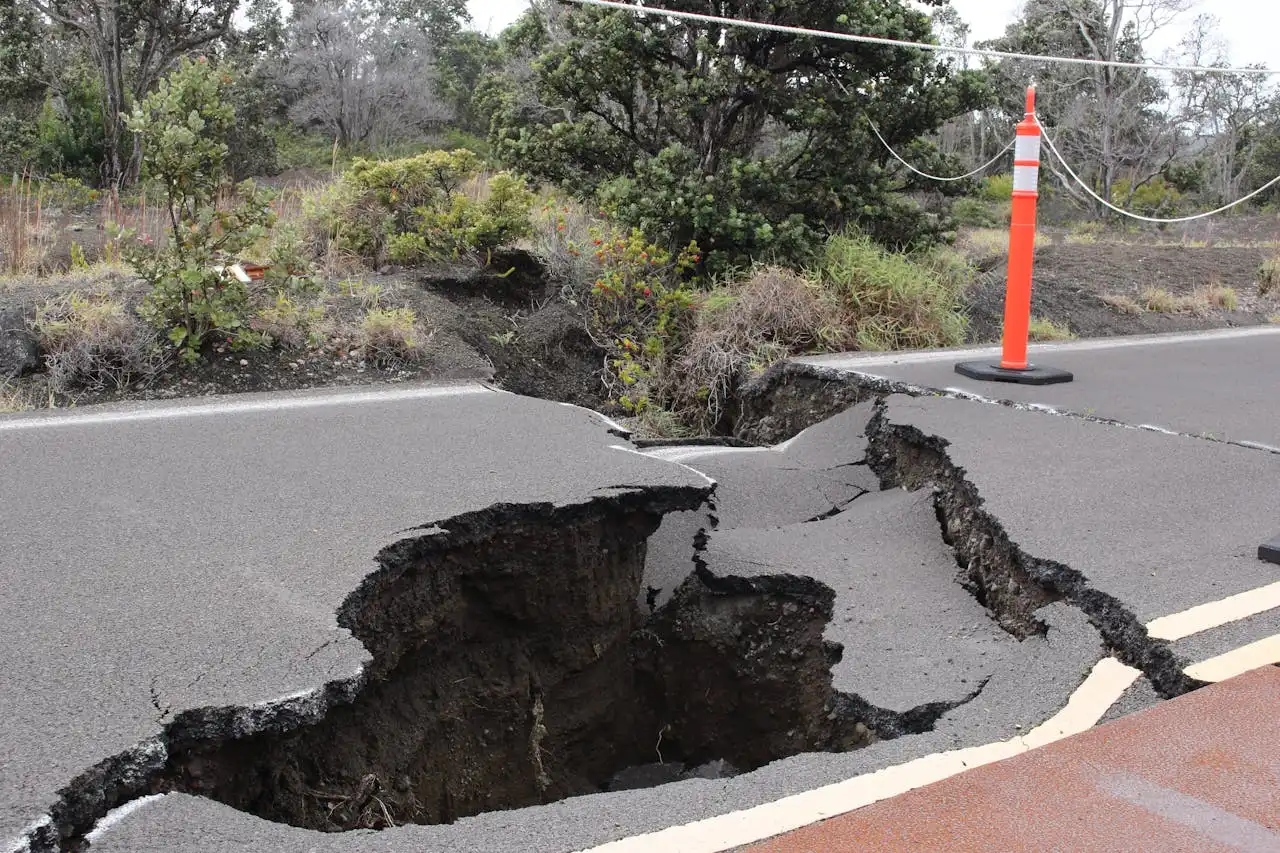
Japan Earthquake Rumors: Between Manga Prophecies, Tourist Fear, and Scientific Reality
6 months ago

Marina Bay Sands to Become a New Icon with US$8–9 Billion Development
6 months ago
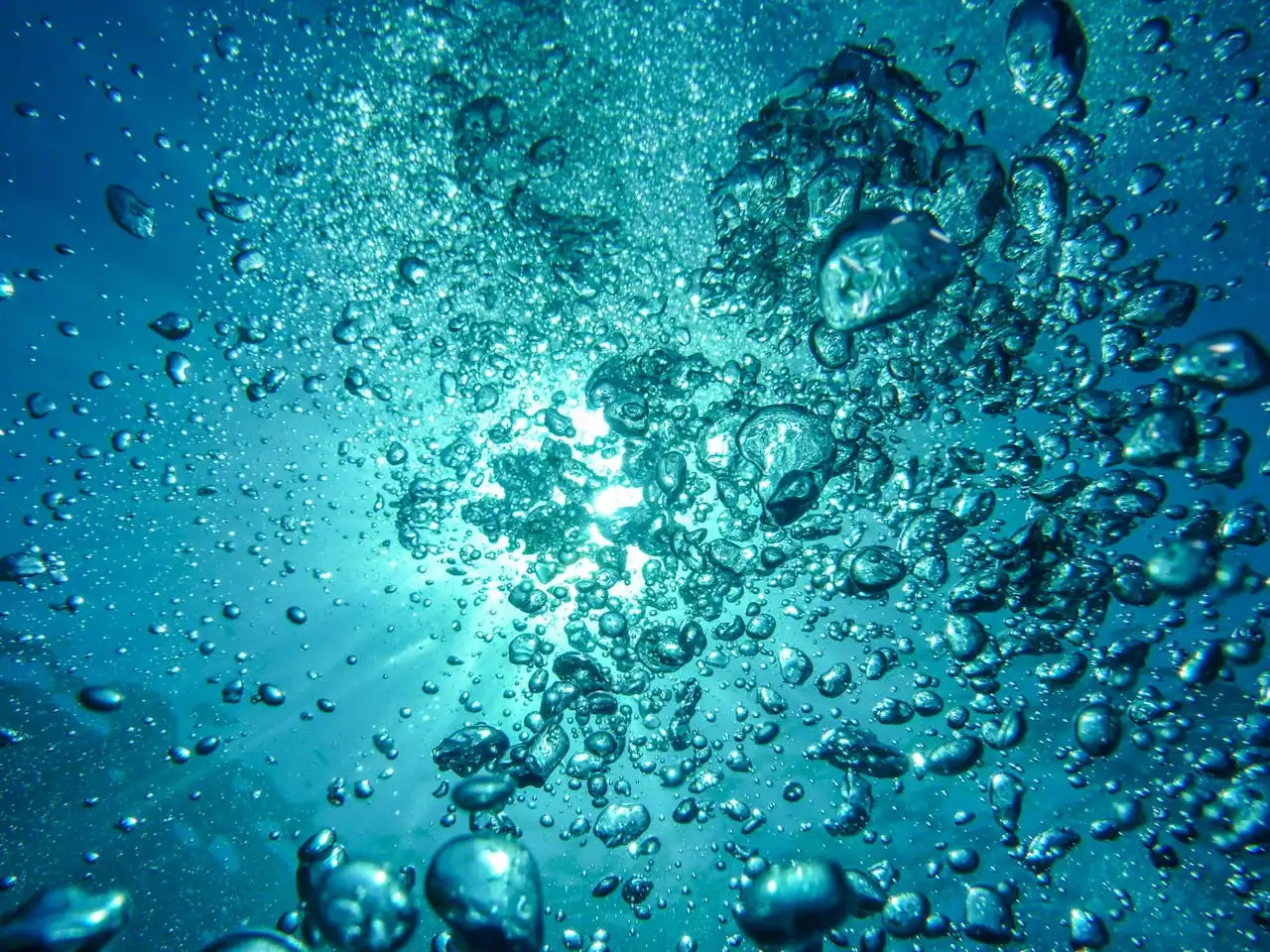
Global Water Crisis 2025: A Threat That Cannot Be Ignored
6 months ago
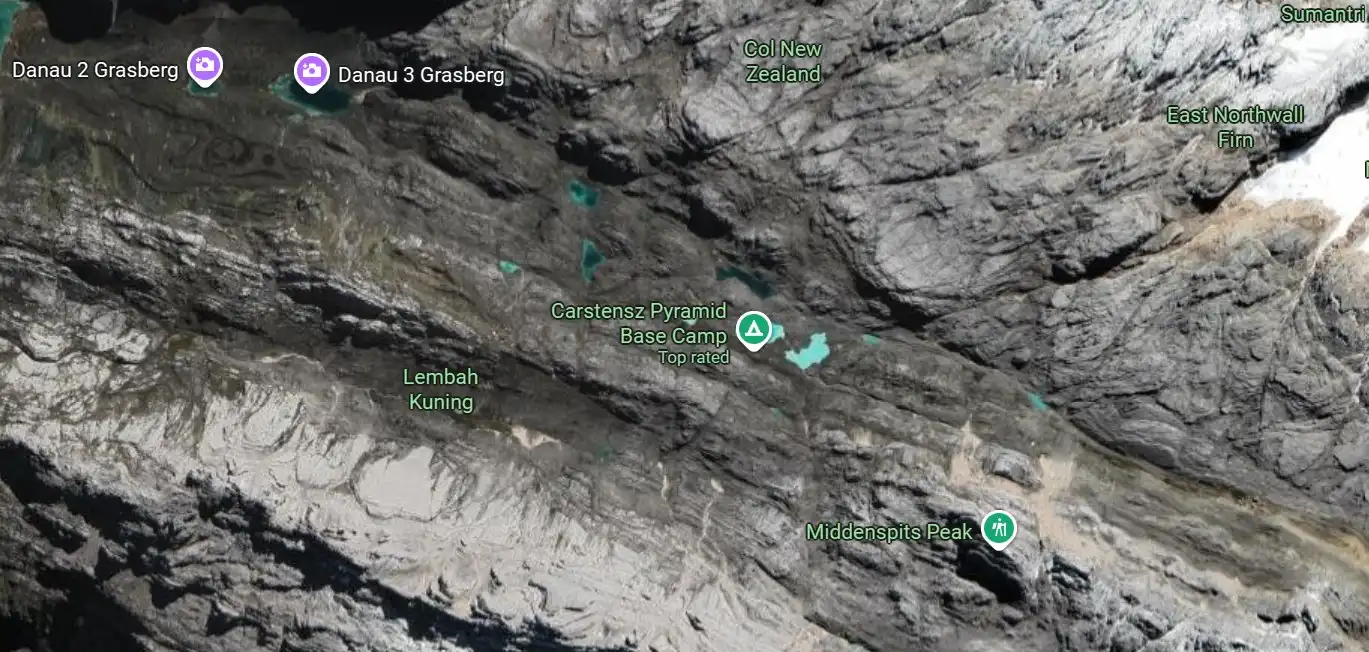
The Vanishing Crown: Global Warming's Grip on Carstensz Peak's Glaciers
6 months ago

The Pig Lungs That Could Change Everything: A New Dawn for Organ Transplants?
6 months ago
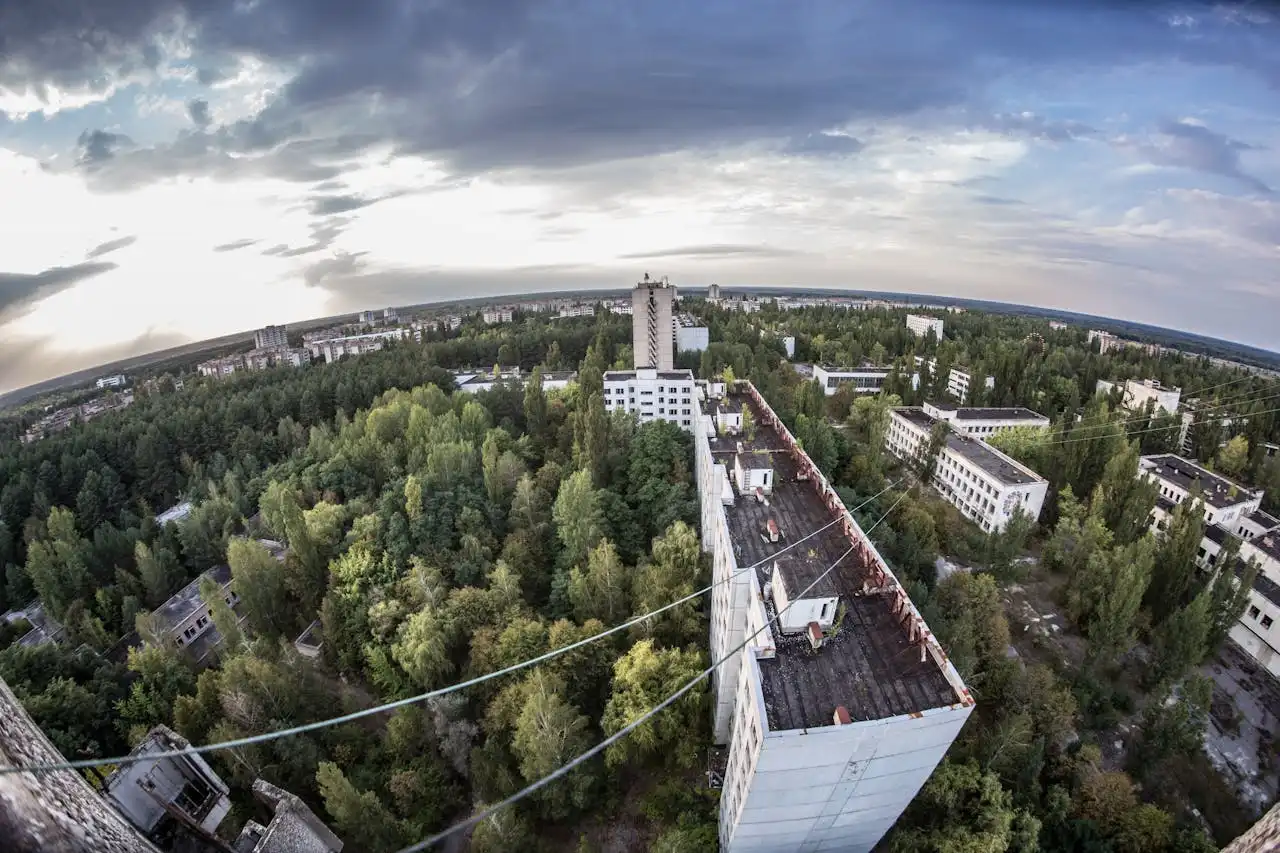
The Unseen Legacy: Chernobyl's Enduring Echoes on Life and Land
6 months ago
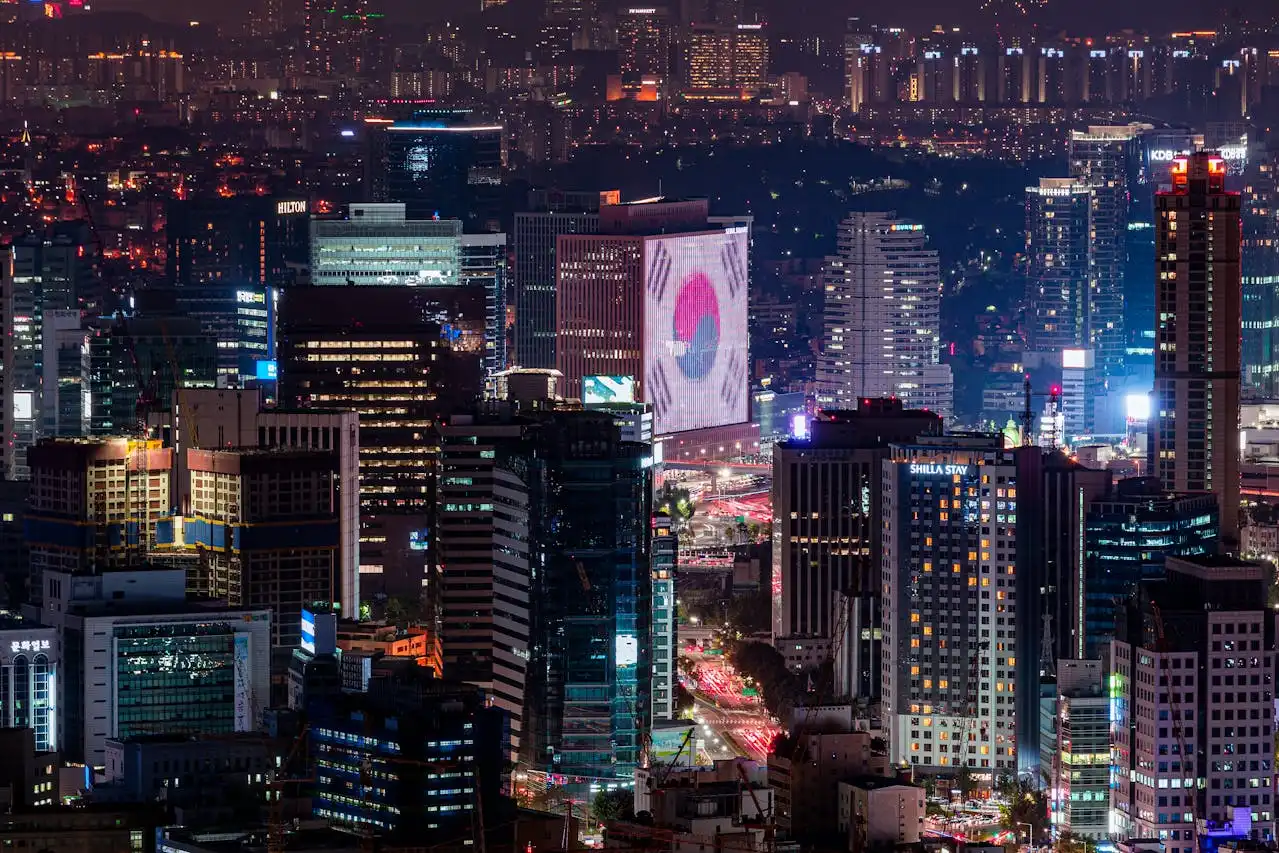
South Korea's Latest Crime-Fighting Gizmo: Say Hello to the Hologram Police!
6 months ago
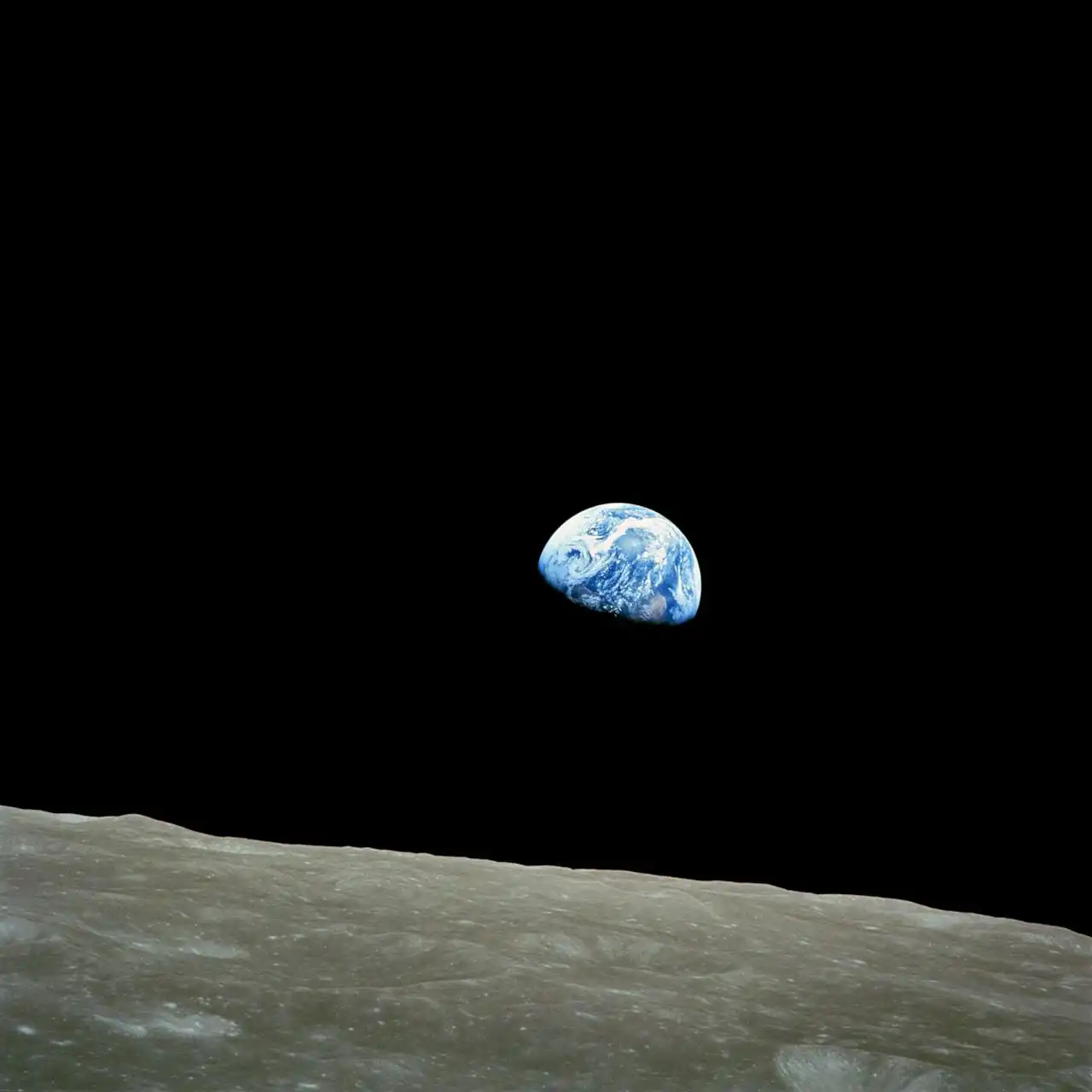
The Cosmic Game of Hide-and-Seek: Beyond Planet X, Meet Planet Y?
6 months ago
